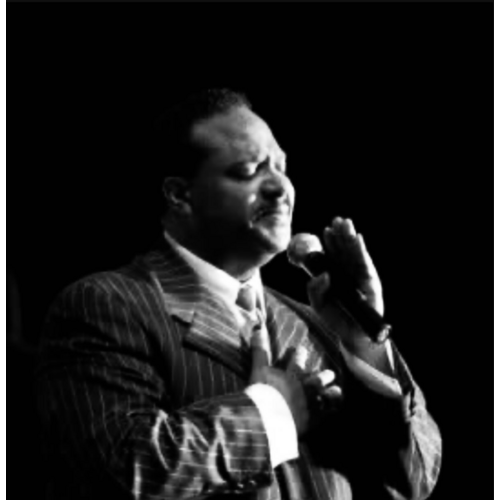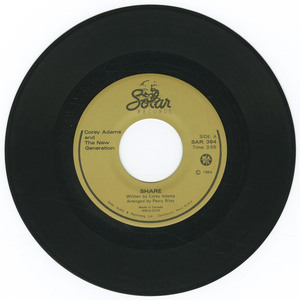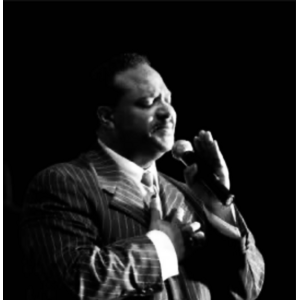Adams, Corey and the New Generation
Websites:
No
Origin:
Halifax, Nova Scotia, 🇨🇦
Biography:
Born into one of Halifax’s most important Black musical families, Corey Adams grew up immersed in the vibrant but often challenging world of East Coast jazz, funk, and R&B. His father, the legendary Charles "Bucky" Adams (1937–2012), was a cornerstone of Nova Scotia’s Black music scene for over six decades, performing alongside greats like Louis Armstrong, Count Basie, B.B. King, and Dizzy Gillespie. From an early age, Corey was surrounded by music, absorbing not just his father’s deep love of jazz but also the wider spectrum of soul, funk, and R&B that ran through Halifax’s North End.
In the 1980s, Corey Adams stepped forward with his own musical voice at a time when Halifax’s Black musicians faced significant racial barriers in the club circuit. He was outspoken about the racism Black artists encountered, publicly calling out the discrimination that made it difficult for local funk and R&B bands to find regular work in downtown clubs. “They tell me my music is too Black, but I can only play what I feel,” Adams stated candidly in a 1985 New Works magazine interview.
During this period, Adams formed The New Generation, blending modern soul and funk with East Coast R&B traditions. In 1984, Corey Adams and The New Generation recorded and released their only commercial single on Dartmouth’s Solar Records label. The 45, “Share” b/w “You’re Number One” (Solar SAR 364), captures the sophisticated, dancefloor-ready funk sound of the period, with tight grooves and polished production that showcased both Corey’s smooth vocals and the band’s musicianship. The record has since become a highly sought-after collectible, especially among Canadian rare soul and funk collectors.
Beyond the studio, Adams was also deeply involved in promoting Black music locally. He co-founded the Corey Adams Promoting Arts Society with partner Kevin Oliver, organizing concerts, street dances, and community events to create opportunities for Halifax’s Black artists amidst systemic barriers. He later collaborated with his father on Live at The Thirsty Duck, a 1990s live album that beautifully captured their musical bond.
While Corey Adams never broke nationally, his role as both a performer and advocate remains significant in the ongoing story of Nova Scotia’s Black cultural history — a continuation of the Adams family’s musical legacy in Canada’s East Coast.
-Robert Williston


